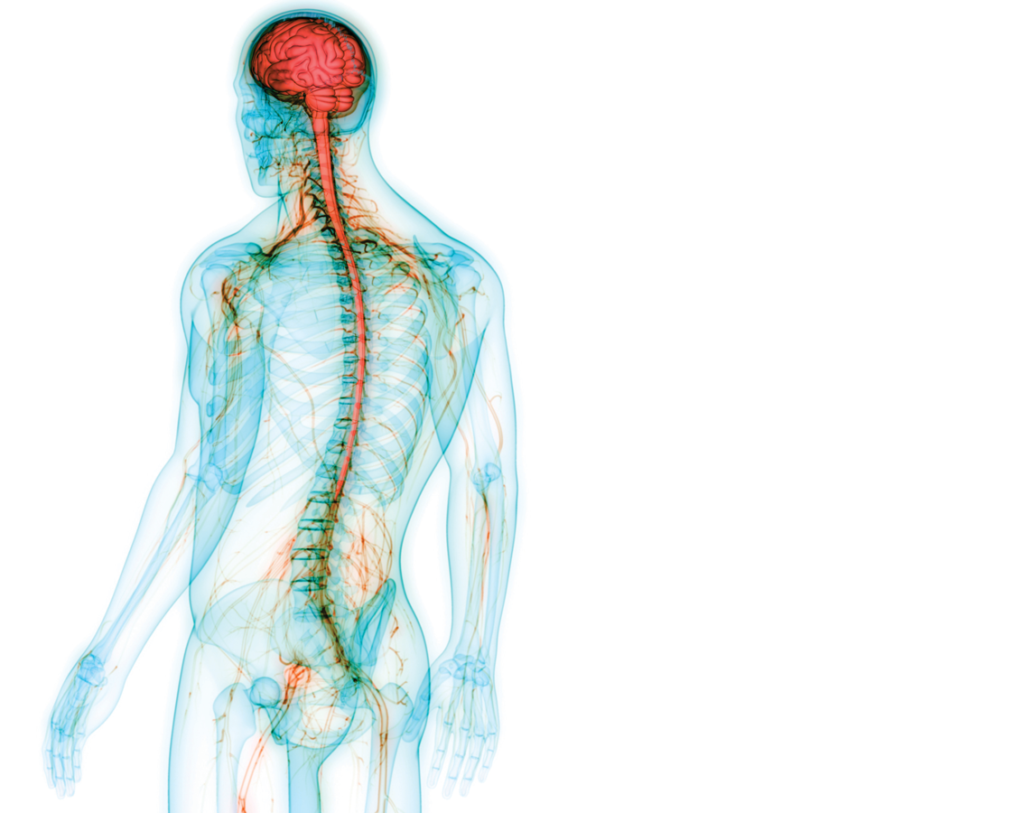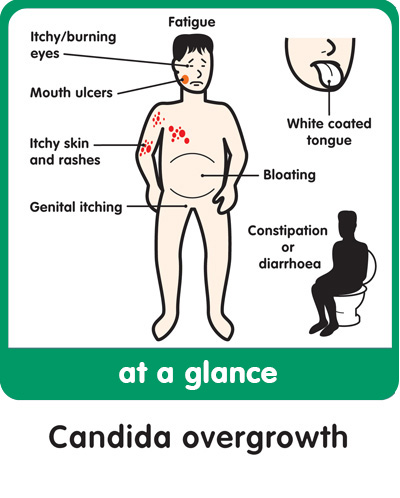

It really depends on your personal preferences. What are the alternatives if coffee isn’t a healthy choice for you? Some people watching this video should not be drinking coffee, but they are most likely to be the minority. Now, I didn’t say for all the people, I said for most people. However, many patients can find it difficult to cut out all carbohydrates and, in the end, may go back to bad habits.Why would you want an alternative to coffee? Why not just drink coffee? If you’re gonna drink one or two cups of coffee a day, I really don’t see that being a problem for most people. It can provide motivation, after all, to restrict simple sugar, refined grains and processed foods - all changes that can lead to better health and a longer life. There are benefits of the diet, of course. However, this diet is not supported by data or studies that show it works to stop yeast overgrowth. Further, the recommendations can be restrictive, and depending on the case, involve cutting out all grains and fruit.

The concept of the dietary restrictions is based on the theory that candida is perpetuated by the yeasts desire to “eat up” and thrive on sugar obtained from carbohydrates and that starving the yeast ultimately eliminates it. Some wellness professionals may also compliment treatment with an anti-fungal agent, herbal treatments or probiotic supplements. This is a condition that may be diagnosed in integrative settings, but not by physicians, and the usual suggestion involves a strict low-carb diet that includes elimination of added sugars, alcohol, and sometimes gluten and dairy. What’s often called “chronic candida” by wellness advocates is a condition in which they say “byproducts” of the breakdown of the yeast can enter the bloodstream and cause mood changes, food cravings and inflammation. A vaginal yeast infection is an accepted medical diagnosis, which is often treated with anti-fungal medications. Studies show that about 75 out of 100 women will experienced a yeast infection at some point in their lives. What is the treatment for candida?Ī common form of candida is a vaginal yeast infection. The theory that yeast in the diet creates yeast overgrowth in the body not has not been proven through scientific study. The medical research, however, is not definitive as to whether yeast is to blame for the symptoms that are often associated with the condition. Wellness advocates cite that symptoms of candida can include fatigue, inability to lose weight, joint pain, mood swings and bloating and may often diagnose the condition based on results from either blood or stool tests or patient history that may involve recent or excess use of antibiotic use or a lousy diet. This can happen with a weakened immune system, antibiotic use, hormonal changes or certain chronic conditions, such as diabetes. While every human has yeast in various amounts, it becomes a problem when there’s an overgrowth. Also sometimes called candidiasis, candida albicans, yeast syndrome or thrush, candida occurs where there is an overgrowth of yeast in the microbiome. Health & Wellness A gynecologist warns about natural remedies for yeast infections What is candida?Īnother very common self-diagnosis for gastrointestinal problems is what people refer to as candida.

Blood and saliva tests can assess antibodies or proteins that play a factor in hyperpermeability and there are food sensitivity tests, stool tests and nutrient deficiency tests. A common method is a urine test that looks for the presence of two sugars considered to be byproducts of leaky gut. There are several mechanisms to check for the possible condition. The closest correlations to leaky gut are GI disorders like irritable bowel disease, especially Crohn’s disease, celiac disease and type 1 diabetes.īut, the actual causes and effects of leaky gut aren’t fully known and need further research, scientists say. The question is, which comes first?Ĭhanges in the microbiome and low level inflammation, caused by obesity, chronic stress and a Western-style diet - characterized by a high intake of fat, sugar, refined carbohydrates and refined grains and a low intake of fruits, vegetables and fiber - may play a role, according to some studies. Once the gut environment, or microbiome, is altered and inflammation begins, many diseases can develop. Does leaky gut cause disease or the other way around?


 0 kommentar(er)
0 kommentar(er)
